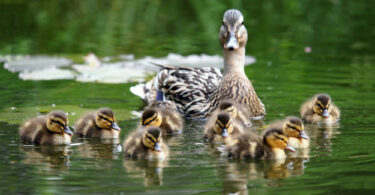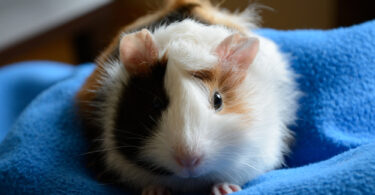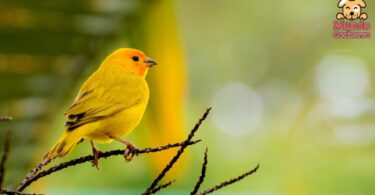Parrots are very popular pets and a favorite of many people. These lovely birds have many conditions that make them a good companion for any home. Although it does not need too much care, there are some tips to take into account when we have a parrot at home so that it lives much better.
With the presence of a parrot at home, you will have a faithful and talkative companion. It is important to know that parrots can live for a long time. Sometimes they can last up to fifty years, as long as you follow the tips below.
- Space. The cage where your parrot lives should be large enough and unobstructed so that it can exercise its wings and stretch to its heart’s content. The place where the cage will be placed should preferably be quiet. It is important that the cage is not constantly outdoors, because temperature changes can cause some problems in the health of your parrot. It is recommended that you cover it overnight. On the other hand, if possible, your parrot will be very happy if it can sometimes fly around the house to its heart’s content. It is a bird that likes to feel free and it would be best if the cage is only for eating and resting.
- Food. Parrots should be fed a balanced and varied diet in order to maintain good health. Every day should be nourished with fresh fruits and vegetables and some seeds. A good ratio is that 80% of the diet is composed of fruits and vegetables, while the remaining 20% are grains and seeds. Remember that foods such as chocolate, raw potatoes, dairy, eggplant and pumpkin are forbidden for parrots. Crackers and bread can also impair your digestive system. It should also have fresh, clean water available throughout the day.
- Cleanliness. Parrots are often vulnerable to external and internal parasites, so it is very important to maintain a good cleanliness in their cage. It is advisable to clean the cage at least twice a week and to remove any droppings and food debris daily. You can try a specific product for cage cleaning.
- Toys. Parrots need to have at least four or five toys of different textures, materials and hardness to release energy and wear out their beaks. In the wild, parrots usually spend the day wearing out their beaks, so in captivity it is necessary to provide them with some objects for this purpose. It is also good for the cage to have several perches at different heights and above the feeder.
- Socialization. Parrots are able to reproduce the words of the human language. There are parrots that learn to sing and many recognize their owners and talk to them in a special way. In short, it is a mechanism of socialization with human beings that is worth developing. Spend some time talking to your parrot and you will be amazed at how much it can learn.
Image courtesy of https://birdsoftheworld.org, all rights reserved.







